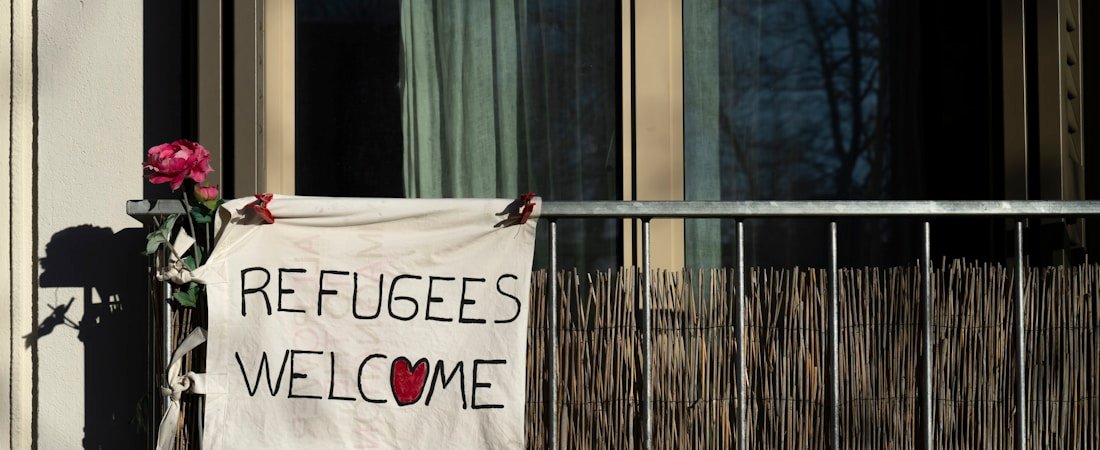By Awel Kasim
At the heart of every refugee journey is a simple yet profound desire: to find safety, dignity, and a place to belong. “Well-Come Refugees” is more than a phrase—it’s a heartfelt invitation. It’s a message to every displaced person that they are not just accepted, but truly welcomed.
As someone who has spent many years working alongside refugees, I have witnessed the courage it takes to leave everything behind—home, family, identity—and begin again in a strange land. In these moments of vulnerability, the kindness and compassion of receiving communities can make all the difference.
Redefining ‘Welcome’
To welcome refugees means more than offering shelter or support. It means recognizing their humanity, their skills, their stories, and their potential. It means creating space not just at the table, but in our neighborhoods, schools, workplaces, and hearts.
“Well-Come” is a call to action. It’s about coming together—governments, civil society, and individuals—to build communities where refugees are not treated as outsiders but as equals.
Why It Matters
When refugees are welcomed with dignity and respect, they thrive—and so do their host communities. Refugees bring with them resilience, talent, and a powerful drive to contribute. They become small business owners, teachers, caregivers, and leaders. Their children grow into future doctors, artists, and change-makers.
But for this to happen, we must offer more than paperwork and procedures. We must offer hope. We must listen. We must help them navigate systems like UNHCR registration, Refugee Status Determination (RSD), and resettlement—and we must speak their language, both literally and emotionally.
As a translator and refugee advisor, I’ve seen how language barriers and emotional stress can isolate refugees. That’s why accessible information, translation in Oromo, Amharic, and English, and supportive counseling are key to building trust and connection.
A Welcoming Spirit in Action
“Well-Come” also means healing. Refugees are often dealing with trauma—not only from what they fled, but from the uncertainty of resettlement. Providing guidance on family relationships, child psychology, and communication can help rebuild lives from the inside out.
Welcoming is not a one-time gesture. It’s an ongoing process that asks us to stay curious, compassionate, and committed.
Conclusion: A World of Open Doors
A truly welcoming world is one where no one feels invisible. Where the refugee is not seen as a burden, but as a neighbor, colleague, and friend. Let’s build that world—one greeting, one act of kindness, one shared story at a time.
To every refugee seeking refuge, opportunity, and dignity: Well-Come. You belong here.
